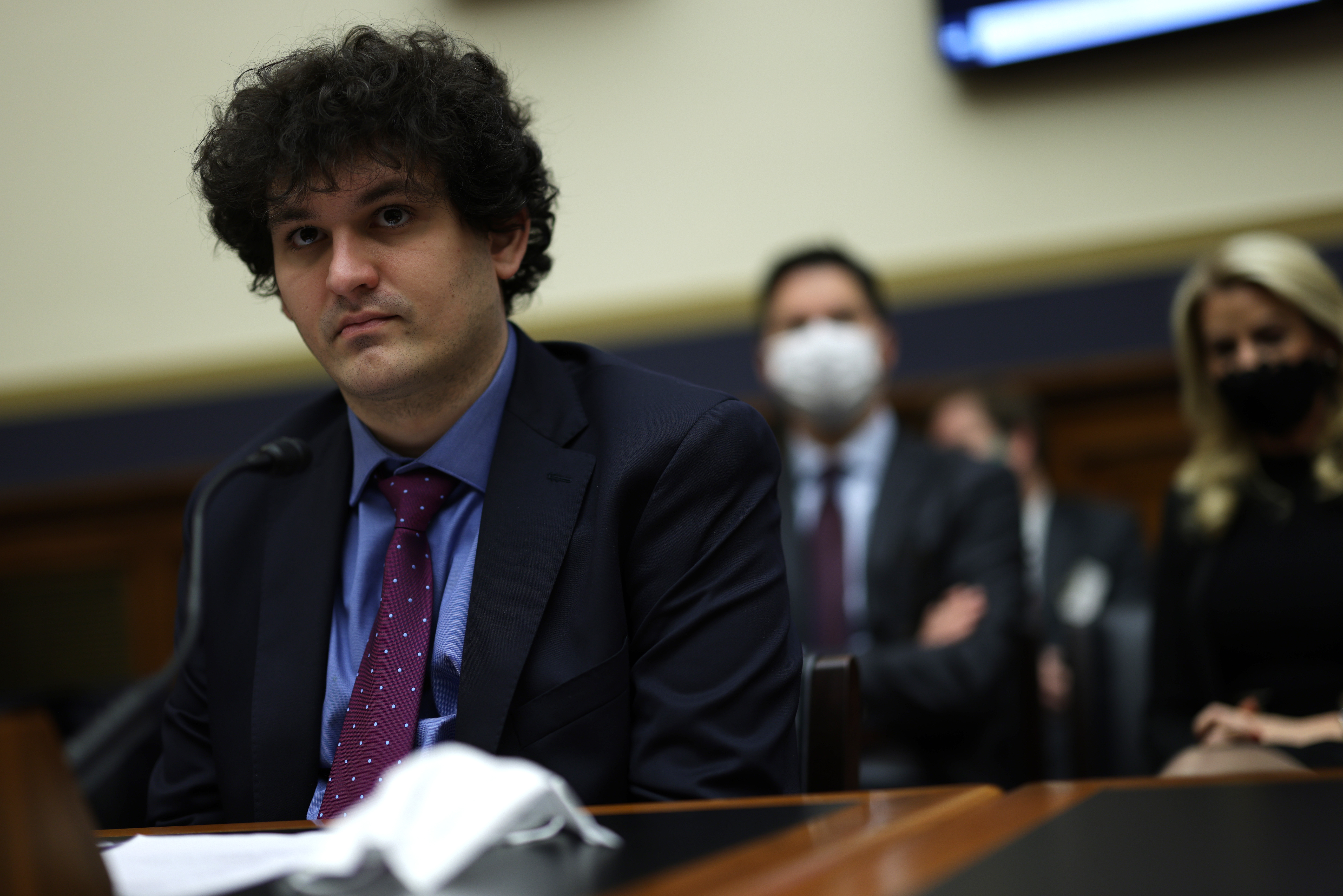Decentralized finance is a whole movement premised on the circumvention of gatekeepers, including governments. The U.S. government, of course, does not like being circumvented. So there's a big question emerging as DeFi platforms grow: Will the government wield as much power over DeFi as it does over the current global financial system? U.S. regulators want to play sheriff in the Wild West of decentralized finance, and big banks want to comply with American laws. But many crypto purists — the people who built the underlying technology and remain committed to its original libertarian ethos — are committed to ensuring anyone can access blockchain networks, even people formally blacklisted by governments, a principle they call “credible neutrality.” Last weekend, DeFi crossed an important threshold that highlights the practical limits of decentralization and touched off a global round of wrangling over its relationship with Washington. It happened on Ethereum, the dominant blockchain platform for DeFi. On Friday, for the first time, more than 50 percent of blocks — bundles of transactions that get processed and recorded by the network — were being compiled by services that comply with Treasury Department sanctions, according to data from Labrys , an Australian blockchain developer that opposes the compliance practice. The way this all works offers a glimpse into how regulation can insert itself even into an unregulated system. The Ethereum blockchain network as a whole remains largely decentralized and unregulated. But the underlying transactions that it records still need to be grouped into individual blocks and processed — and a growing number of those blocks are being compiled by services that refuse to handle transactions involving Treasury-sanctioned addresses. At the moment, the 50 percent threshold is largely symbolic. While compliant services aren’t putting sanctioned addresses into their own blocks, they’re also not doing anything to hinder blocks that do include blacklisted addresses, according to Labrys CEO Lachlan Feeney. The effect of this practice — which crypto purists call “soft censorship” — is that transactions from sanctioned addresses have to wait to make it onto a block compiled by someone who is ignoring Treasury’s blacklist, which entails nothing more cumbersome than a delay. “One might argue it’s just symbolic, but symbols matter,” said Martin Köppelmann, the Berlin-based co-founder of DeFi developer Gnosis, who has been agitating for steps to reverse the compliance trend. The effects of compliance could one day become more concrete. If services that control a majority of blocks take things a step further, by refusing to cooperate with others’ non-compliant blocks — what purists refer to as “hard censorship” — they could potentially keep sanctioned addresses off of Ethereum completely. So far, the Treasury isn't exactly controlling the playing field: Sanctioned addresses are still able to use Ethereum, even if their transactions may have to wait in line a little longer. Even so, there's a push from purists like Köppelmann to ensure that sanctioned addresses still maintain full access to DeFi systems. (Sanctioned blockchain addresses include those linked to a Russian paramilitary group, Iranian hackers, and Tornado Cash, a tool often used for laundering cryptocurrency.) And key network operators are responding to the concerns. On Friday, the dominant compliant block-building service, FlashBots, announced a new decentralized version of its software at a developer conference in Bogota. The new version is intended to allay concerns about government control. The view of Ethereum's stepped-up compliance from Wall Street and Washington is quite different from that of the crypto purists. For big financial institutions eager to avoid the ire of D.C. regulators, network-level sanctions compliance could make Ethereum more attractive, said Yaya Fanusie, a fellow at the Center for New American Security, a think tank, who focuses on the national security implications of digital assets. “While the die-hard crypto enthusiasts are focused on blockchain as censorship resistance,” Fanusie said, “Everyone who is looking at the development of digital assets as a legitimate financial rail is not such an absolutist.”
| 

